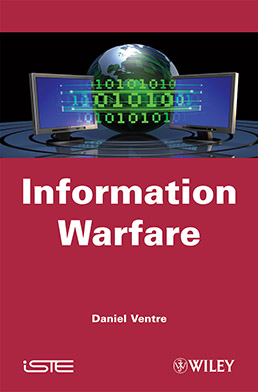
New information technologies have contributed to the emergence of new lifestyles and modern strategic developments, but they have also provided new forms of weapons for all kinds of belligerents.
This book introduces the concept of “information warfare”, covering its evolution over the last decade and its developments among several economic and political giants: China, Russia, Japan, India and Singapore. Discussion is then given to the national particularities of these countries, such as how they imagine the concept of information warfare to be, what it comprises and how it interacts with their military doctrine and employment, as well as their specific political, diplomatic and economic contexts.
The use of information warfare as a form of attack is also covered, with particular emphasis given to cyberspace, which has become the space for a new war as the tool not only of nations but also terrorists, activists, insurgents, etc. The challenges faced by countries who usually fail in securing their cyberspace (Japan, Singapore, USA, etc.) in terms of national and defence security, and economic and power losses are also covered.
The book also introduces several analyses of recent events in terms of cyber attacks and tries to propose interpretations and tools to better understand cyber conflicts: what is merely cyber crime and what is warfare in cyberspace.
1. The United States.
2. China.
3. India.
4. Japan.
5. Russia.
6. Singapore.
7. Identifying aggressors and acts of aggression.
8. An Information Warfare law?
Daniel Ventre is an engineer at the CNRS and a lecturer at the Ecole Nationale Superieure des Telecommunications de Paris.